Het arrangement 8.2 Meals and drinks - tto123 is gemaakt met Wikiwijs van Kennisnet. Wikiwijs is hét onderwijsplatform waar je leermiddelen zoekt, maakt en deelt.
- Auteur
- Laatst gewijzigd
- 11-05-2025 18:08:05
- Licentie
-
Dit lesmateriaal is gepubliceerd onder de Creative Commons Naamsvermelding-GelijkDelen 4.0 Internationale licentie. Dit houdt in dat je onder de voorwaarde van naamsvermelding en publicatie onder dezelfde licentie vrij bent om:
- het werk te delen - te kopiëren, te verspreiden en door te geven via elk medium of bestandsformaat
- het werk te bewerken - te remixen, te veranderen en afgeleide werken te maken
- voor alle doeleinden, inclusief commerciële doeleinden.
Meer informatie over de CC Naamsvermelding-GelijkDelen 4.0 Internationale licentie.
Aanvullende informatie over dit lesmateriaal
Van dit lesmateriaal is de volgende aanvullende informatie beschikbaar:
- Toelichting
- Deze les valt onder de arrangeerbare leerlijn van de Stercollectie voor Engels voor tweetalig onderwijs, leerjaar 1,2 en 3. Dit is thema 8 'Food and drink'. Het onderwerp van deze les is: Meals and drinks. In deze les staat het onderwerp maaltijden en drinken (waaronder frisdrank) centraal. In de grammaticaopdracht wordt het past participle behandeld.
- Leerniveau
- VWO 2; HAVO 1; VWO 1; HAVO 3; VWO 3; HAVO 2;
- Leerinhoud en doelen
- Engels;
- Eindgebruiker
- leerling/student
- Moeilijkheidsgraad
- gemiddeld
- Studiebelasting
- 1 uur 40 minuten
- Trefwoorden
- arrangeerbaar, drinken, engels, frisdrank, maaltijden, meals and drinks, past participle, stercollectie, tto123
Gebruikte Wikiwijs Arrangementen
VO-content Engels. (2020).
1.2 Preferences - tto123
VO-content Engels. (2023).
8.2 Meals and drinks - hv12
https://maken.wikiwijs.nl/138303/8_2_Meals_and_drinks___hv12

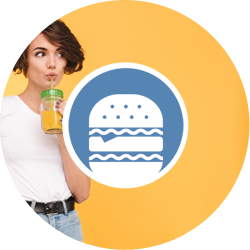 The subject of this period is meals and drinks.
The subject of this period is meals and drinks.

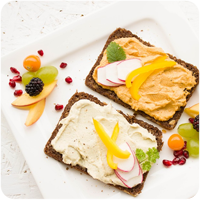 Meals
Meals
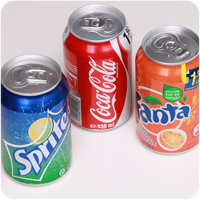 Fizzy drink
Fizzy drink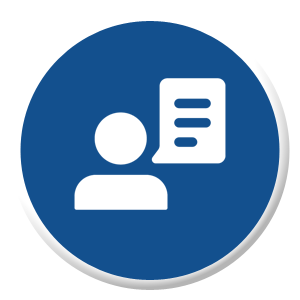 Study the vocabulary. (10 minutes)
Study the vocabulary. (10 minutes)
 Have a look at the knowledge base about Past participle.
Have a look at the knowledge base about Past participle.
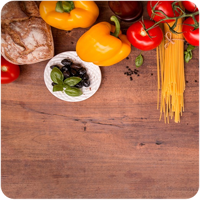 A debate about fizzy drinks
A debate about fizzy drinks An essay about fizzy drinks
An essay about fizzy drinks What have you learnt in this period?
What have you learnt in this period?
